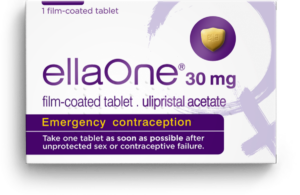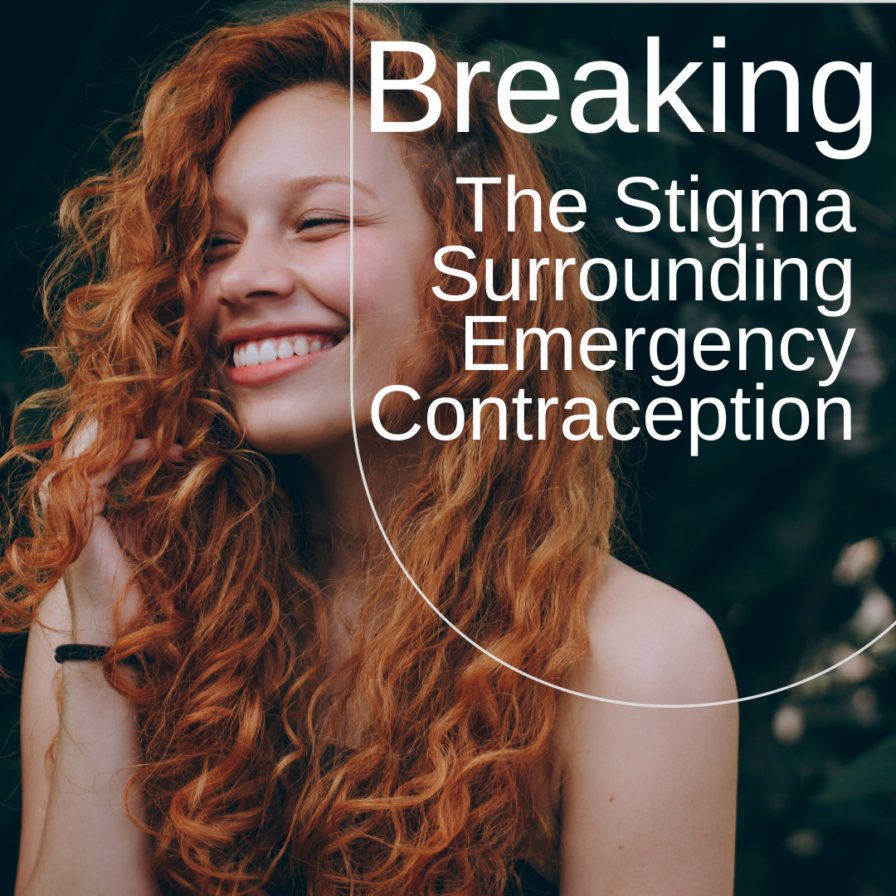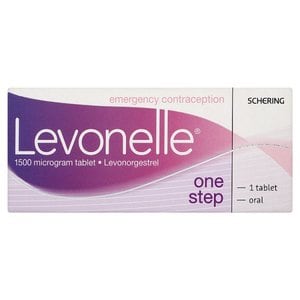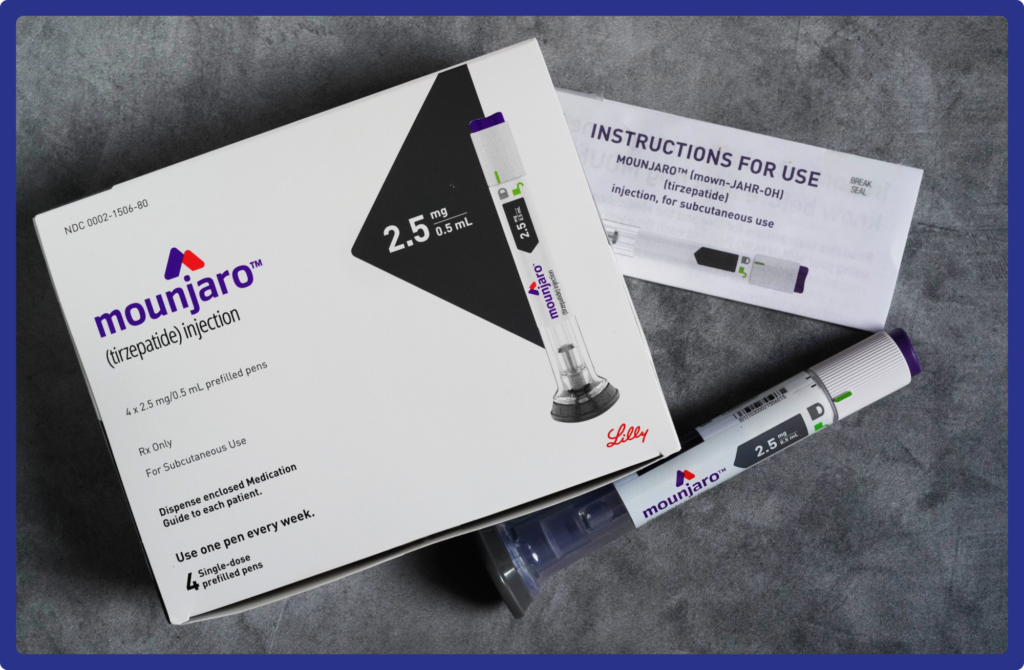Which is the Best Morning-After Pill to Take?

While many of us are familiar with the concept of the morning-after pill, there are still some lingering questions and misconceptions about its use. In this article, we’ll dive into the two best morning-after…
While many of us are familiar with the concept of the morning-after pill, there are still some lingering questions and misconceptions about its use.
In this article, we’ll dive into the two best morning-after pills: Levonorgestrel and ellaOne.
We’ll talk about their differences, effectiveness, and how they work.
Let’s get into it!
Types of emergency contraception:
Let’s start by discussing the two most widely used types of emergency contraception in the UK. Levonorgestrel (generic Levonelle) is a pill taken within 72 hours of unprotected sex, while ellaOne is a pill taken within 120 hours of unprotected sex. The emergency coil, or IUD, is also an option that can be inserted within 120 hours of unprotected sex.
Understanding ellaOne – is this the best morning-after pill option for you?:
Of the two types of emergency contraception pills, ellaOne is considered the most effective. It contains ulipristal acetate, a chemical that prevents ovulation, decreasing the chances of sperm meeting an egg and fertilising it. It should be taken as soon as possible after unprotected sex or when contraception fails, and it is effective up to five days after intercourse.

ellaOne Effectiveness: When taken within the first 24 hours after unprotected sex, ellaOne has a success rate of 98%, making it the most effective type of emergency contraception available. However, its effectiveness decreases as time passes, with a success rate of around 85% if taken 120 hours after intercourse. It’s important to note that ellaOne does not protect against sexually transmitted infections (STIs).
Top Tip: Will The Morning After Pill Work If I’ve Ovulated?
Have you ever wondered, “Will the morning-after pill still be effective if I have already ovulated?” 🤔
The morning-after pill works by delaying ovulation. So, if you’ve already ovulated, it won’t be as effective. It’s not always easy to pinpoint the exact moment of ovulation since it can vary from person to person and from cycle to cycle.
If your period is more than 7 days late or unusually light after taking the morning after pill, it’s a good idea to take a pregnancy test. And if it turns out positive, make sure to speak with your significant other (SO).
By the way, did you know that ellaOne® is the most effective morning-after pill*? It’s 2.5 times more effective than levonorgestrel when taken ASAP (within 24 hours). So, if you find yourself in need, remember to act fast! 💪
Understanding Levonorgestrel also known as levonelle:

Levonorgestrel is a hormone-based pill that is taken within 72 hours of unprotected sex. It works by preventing the release of an egg and also alters the lining of the womb to make it harder for a fertilised egg to implant.
Levonorgestrel is considered a safe and effective option for emergency contraception, but its effectiveness decreases as time passes after intercourse.
Levonorgestrel Effectiveness:
Levonorgestrel’s effectiveness depends on how soon after unprotected sex it is taken. If taken within the first 24 hours, it has a success rate of around 95%. This decreases to around 85% if taken between 24 and 48 hours after intercourse, and around 58% if taken within 49 to 72 hours after intercourse.
In conclusion, while both types of emergency contraception discussed in this article are deemed safe and effective, it’s important to understand their differences to make an informed decision about which one to use.
If taken within 24 hours, ellaOne is the most effective option, though it is still highly effective up to five days after unprotected sex.
Levonorgestrel, on the other hand, should be taken as soon as possible and no later than 72 hours after unprotected sex.
At Ricky’s Pharmacy, If treatment is suitable for you, you can get it quickly and discreetly.
Resources & Links:
- NHS Emergency Contraception Guide
- Planned Parenthood – What kind of emergency Contraception is best for me?
Frequently Asked Questions
Let’s first start with the question on everyone’s mind: what is the morning after pill? Also known as emergency contraception, it is a pill that can prevent pregnancy after unprotected sex.
The pill works by delaying ovulation or preventing the egg from being fertilized. It’s essential to note that the morning after pill shouldn’t be confused with the abortion pill.
Emergency contraception can only prevent pregnancy, and it cannot terminate an existing pregnancy.
The most effective morning after pill depends on when you take it. According to Planned Parenthood, the morning after pill is up to 89% effective in preventing pregnancy when taken within 72 hours of unprotected sex. But, the effectiveness drops to about 75% if taken within 72-120 hours of unprotected sex.
It is essential to understand that the morning after pill does not work if you are already pregnant. It is also not a form of regular birth control and should not be taken as a replacement for contraceptives.
The morning after pill is most effective if taken up to 72 hours after unprotected sex. However, it can still be taken up to 120 hours (five days) after sex, although its effectiveness will decrease. So, the timing of when you take the morning after pill is crucial.
But, keep in mind that the morning after pill is not a replacement for regular contraception. It is only meant to be used in emergencies if other methods of contraception fail. It also does not protect against sexually transmitted infections.
If you forget to take your regular contraception or experience a condom malfunction, it’s essential to consider taking the morning after pill as soon as possible. The sooner you take it, the more effective it will be. The 72-hour window is your best chance to prevent an unplanned pregnancy.
The morning after pill and the abortion pill are not the same thing. While the morning after pill prevents pregnancy, the abortion pill ends a pregnancy that has already begun.
It’s also important to remember that the morning after pill is not an alternative to regular contraception and should not be used as a regular form of birth control.
Most people know that you can get the morning after pill from your GP, however did you know the morning after pill has been available over-the-counter at most pharmacies and health clinics for several years now including at Ricky’s Pharmacy?
Rest assured, your health record won’t include any mention of the morning after pill. The only time we’d ever need to discuss it again is if you happen to feel unwell within 3 hours of taking it. Stay safe and worry-free!
Taking the emergency contraceptive pills Levonelle or ellaOne can cause some side effects like headaches, tummy pain, and feeling or being sick. It’s possible that it may also affect your next period, making it earlier, later, or more painful than usual.
If you happen to be sick (vomit) within 2 hours of taking Levonelle or 3 hours of taking ellaOne, it’s a good idea to visit your GP, pharmacist, or genitourinary medicine (GUM) clinic. They can provide guidance and help, whether it means taking another dose or having an IUD fitted.
The morning after pill is not intended for regular use as a form of contraception. It is designed to be used in emergency situations and should not be used regularly as a replacement for other birth control methods.
Using the morning after pill on a regular basis can lead to side effects such as irregular periods, nausea, vomiting and headaches. Moreover, the long-term effects of consistent use of the morning after pill are not well known. It is always better to talk to your healthcare provider about a stable form of birth control to avoid unintended pregnancies.
There are many forms of birth control that are safe and effective for regular use. These include birth control pills, IUDs, implantable devices, contraceptive injections, contraceptive patches and condoms. It is recommended to talk to your healthcare provider about which birth control method is best for your lifestyle and preferences.
The morning-after pill isn’t a permanent form of birth control. It won’t harm your chances of getting pregnant in the future or affect your fertility. These medications are a temporary way to prevent pregnancy — they aren’t long-term forms of birth control. You’ve got options!
We stock legally valid and medically tested emergency hormonal contraception.



